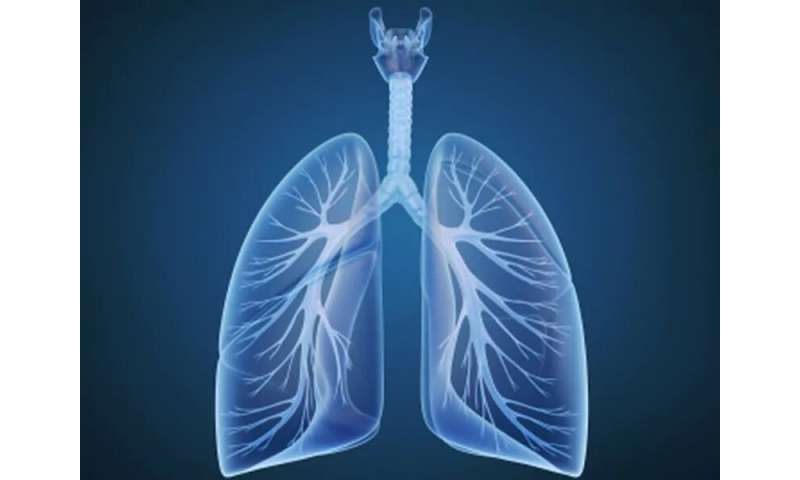
(HealthDay)—Higher cardiorespiratory fitness is associated with a lower risk for lung cancer incidence in former smokers and a reduced risk for cancer mortality in current smokers diagnosed with lung cancer, according to a study published in the November issue of the American Journal of Preventive Medicine.
Baruch Vainshelboim, Ph.D., from Saint Francis University in Loretto, Pennsylvania, and colleagues evaluated the association between cardiorespiratory fitness (measured using treadmill exercise testing) and lung cancer incidence and cancer mortality from 1987 to 2014 among 1,602 former and 1,377 current male smokers.
The researchers identified 99 patients diagnosed with lung cancer, of whom 79 died from cancer 3.6 years after diagnosis. A 1-metabolic equivalent (1-MET) increase and categories of moderate and high cardiorespiratory fitness were associated with 13, 51, and 77 percent reductions in lung cancer incidence, respectively, among former smokers. A 1-MET increase and categories of moderate and high cardiorespiratory fitness were associated with 18, 84, and 85 percent reductions in cancer mortality, respectively, among current smokers who were later diagnosed with lung cancer. Among former smokers, the population attributable fraction for lung cancer incidence was 10.8 percent; the figure was 22.3 percent for cancer mortality among current smokers.
Source: Read Full Article



